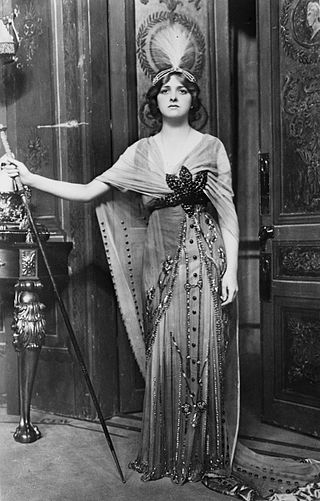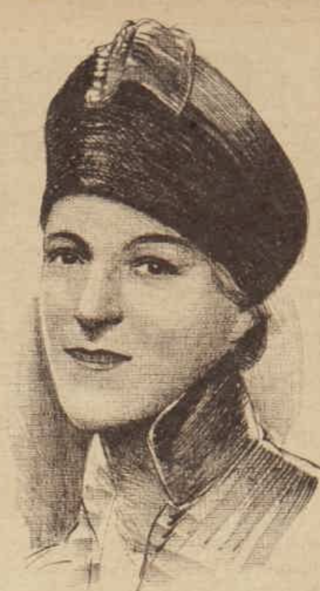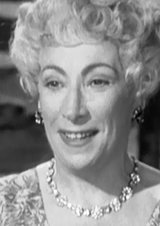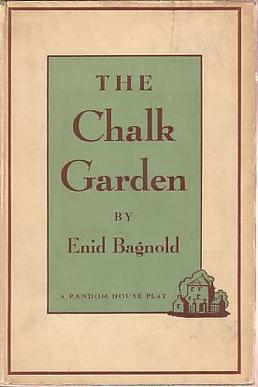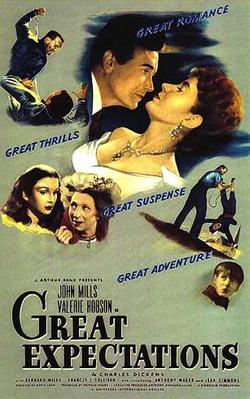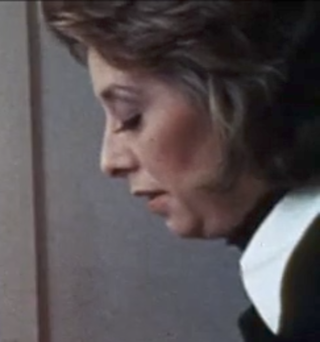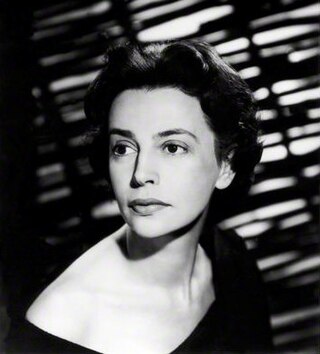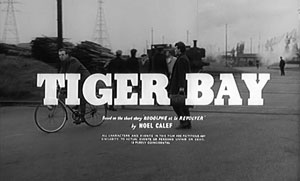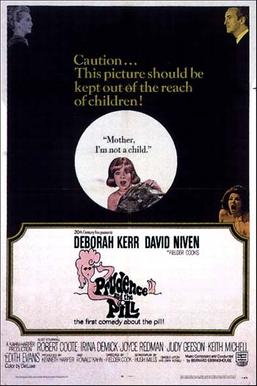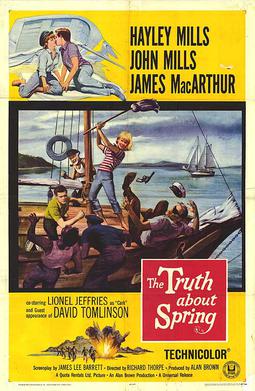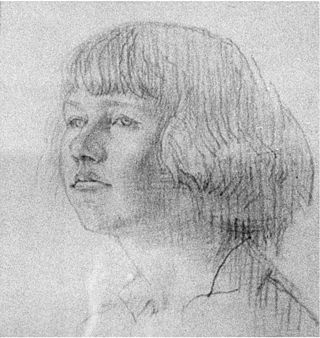Plot summary
Miss Madrigal, an attractive thirtyish woman, applies for the position of governess to the granddaughter of Mrs. St. Maugham. A disturbed, overindulged 16-year-old, Laurel has driven away many governesses and six prior applicants. As Miss Madrigal and another applicant await interviews, Laurel relates that a previous governess was eaten by sharks and expresses her compulsion to burn down the house. The other applicant flees, but Miss Madrigal remains unflustered. Maitland, an insolent butler, advises her to emphasize her oddity: “Mrs. St. Maugham cherishes the unusual.” At the interview Miss Madrigal cannot produce any references, but Mrs. St. Maugham hires her anyway when she shows gardening knowledge (the failing garden is a metaphor for Laurel’s situation: Mrs. St. Maugham is “trying to grow flowers in chalk”).
Laurel tells Miss Madrigal that she will “expose her secret,” or invent one with which to blackmail her. She claims that Maitland killed his wife and child. When Miss Madrigal attempts to confront Laurel about her constant lies, Laurel escalates by claiming that she was in the room when her father shot himself.
Maitland informs the governess that Laurel’s lies are “dramatized truth.” Laurel’s father died of alcoholism. Laurel’s sexual assault claims were likely a smile or a wink from a passing man. He was driving the car in the crash that killed his wife and daughter.
A search of Miss Madrigal’s bedroom reveals all her clothes are new, many bearing price tags, the initials “CDW” on her painting kit, and a lack of family pictures. Laurel takes her suspicions to Maitland. When Miss Madrigal joins them, Laurel and Maitland discuss their interest in true crime stories. A skeptical Miss Madrigal comments, “The truth doesn’t always ring true in a court of law…what the prisoner listens to is not his life. It’s the shape and shadow of his life with the accidents of truth taken out of it.” She discloses that she once attended a trial.
Laurel intensely resents her mother, Olivia, who left Laurel and her father for her current husband. When Olivia comes to take custody of Laurel, Mrs. St. Maugham refuses. Olivia tells her mother that she will return with the necessary legal papers.
Mrs. St. Maugham invites her old friend, Judge McWhirrey, to lunch to discuss legal options. Upon seeing the judge, Miss Madrigal spills a glass of wine and acts oddly. As Maitland lingers over serving lunch, Laurel questions the judge about his murder cases. Miss Madrigal admits she heard him give a verdict with which she did not agree. A suspicious Laurel guides the conversation, and the judge describes the case of 15-year-old Constance Doris Wakeland, sentenced to death for killing her stepsister, whose sentence was commuted to prison time. The precocious accused said, “What I have been listening to is not my life, but the shape and shadow of my life with the accidents of truth taken out of it.” Miss Madrigal rushes out of the room in tears. Laurel follows Miss Madrigal but is blocked by Maitland, who asks what she intends to do. Laurel expresses remorse and urges Maitland to make amends.
Maitland goes to Miss Madrigal, who is preparing to leave her post, and convinces her to stay, expressing admiration for her. Miss Madrigal tells Maitland that she fears that Laurel is following the same path that led to her being accused of murder with no one believing the truth. Maitland convinces her to speak to Judge McWhirrey.
Miss Madrigal speaks to Judge McWhirrey, who had not recognized her, but he suggests she appeal directly to Mrs. St. Maugham. For Laurel’s sake, Miss Madrigal reveals her identity to the grandmother and pleads for Laurel to go back to her mother. Next, Miss Madrigal seeks out Laurel, who now recognizes her self-sacrifice and is willing to go back to her mother.
Mrs. St. Maugham asks Miss Madrigal to stay on as her companion, and Miss Madrigal agrees to stay. Mrs. St. Maugham then asks her if she killed her stepsister. With Maitland looking on approvingly, Miss Madrigal asks why she should know what the judge and jury were unable to determine. Mrs. St. Maugham says placidly that before she dies, she will find out the truth.
Production
Don Hartman acquired the story for Paramount Pictures and took it over when he left Paramount in 1956 to become an independent producer. Shortly before Hartman died in 1958, Paramount halted pre-production. [3] In 1960, producer Ross Hunter said that he had the rights to the play, having "forced the studio to buy it." He worked with a writer to make the script "more commercial." [4]
The film was announced in May 1962 and Joanne Woodward was slated to star with Sandra Dee. Hunter wanted Ingrid Bergman for the film and had originally sought Gladys Cooper for the role of Mrs. St. Maugham in place of Edith Evans. [5] Sandra Dee pulled out of the film when she fell pregnant and was replaced by Hayley Mills. Neame says "Except for my disappointment with the clean, white, sterile decor, the shooting period itself was most enjoyable." He left the film after handing in his cut, and was unhappy at the use of music, which he thought was overused. However he said "In all honesty, even if I’d remained on the picture, I very much doubt anything could be achieved other than what Ross wanted. He was Universal’s most successful producer and the studio would naturally back his decisions— he was where the money was." [6]


